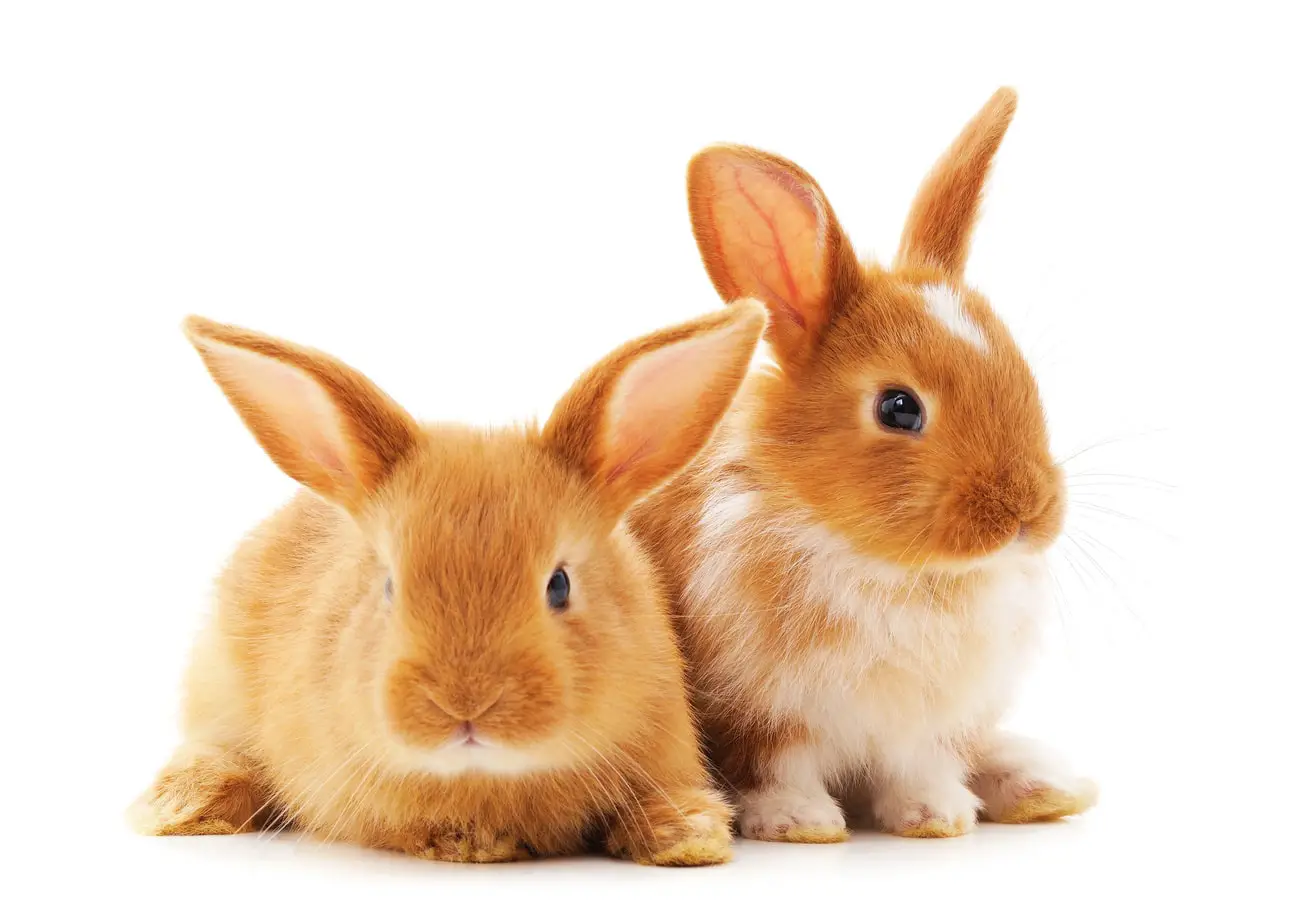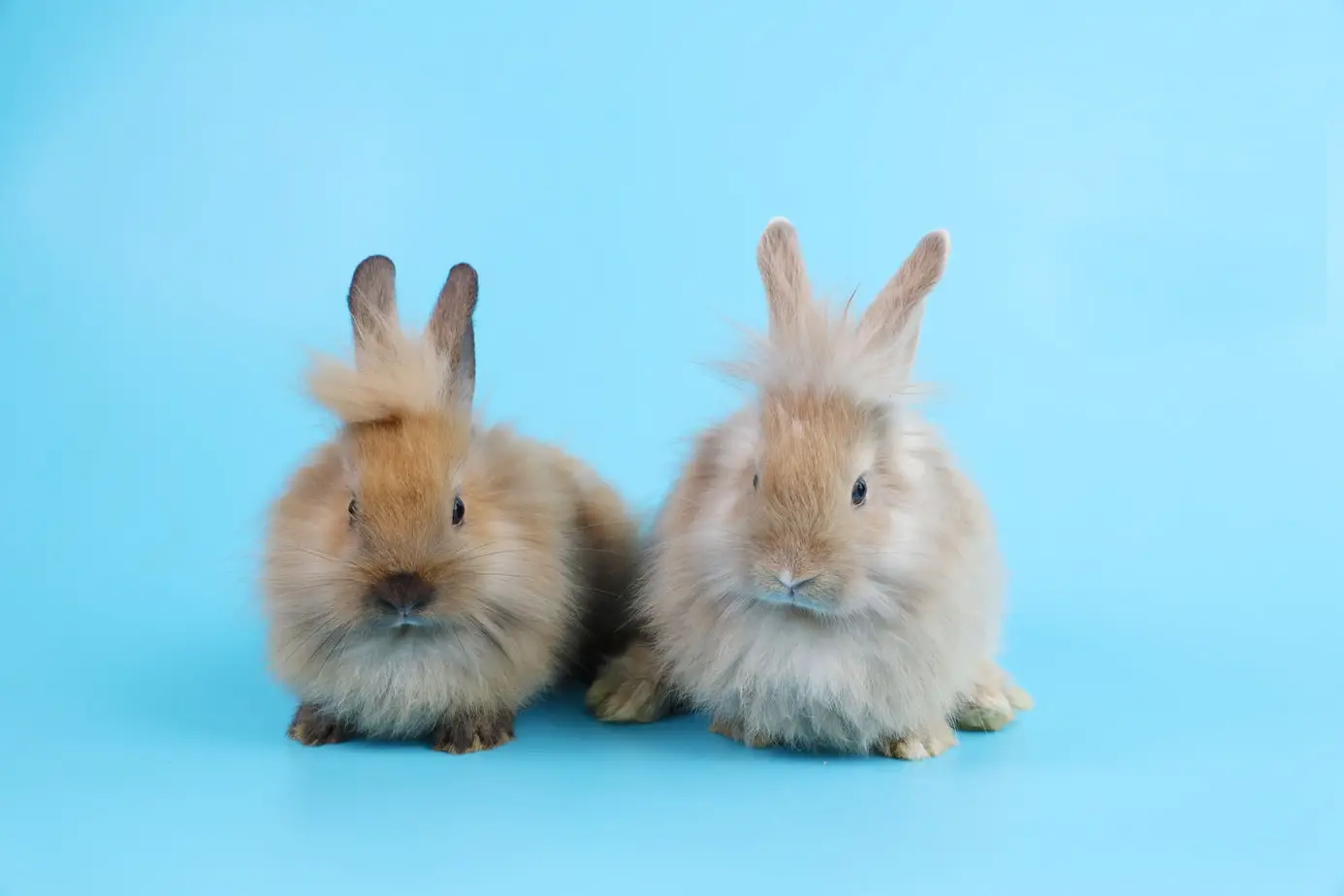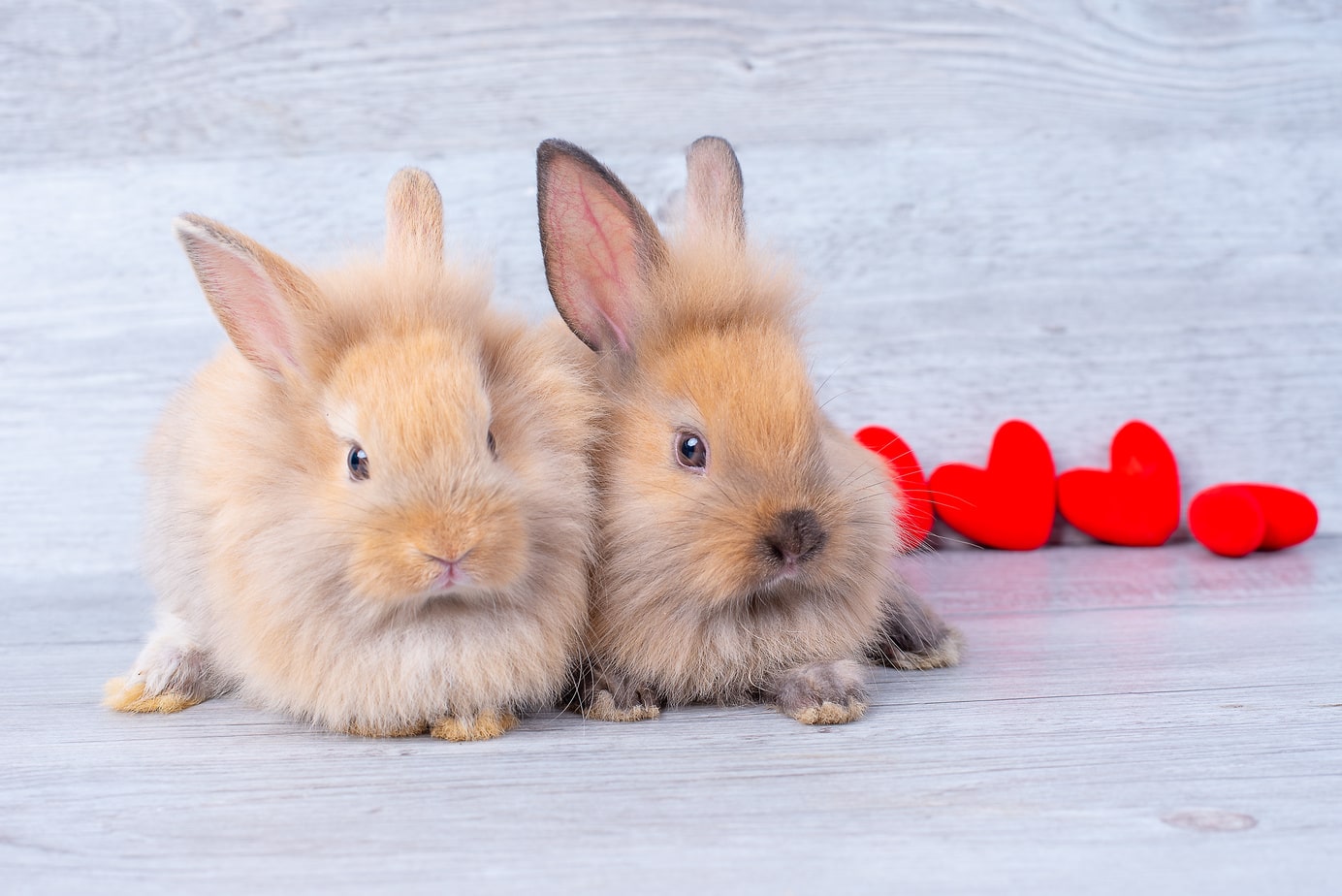
There is an ongoing controversy about whether or not rabbit siblings should mate together. The debate questions whether it will cause genetic defects and mutations or if it will result in superior rabbits. It is well-known that mothers and sons, and fathers and daughters mate without any negative consequences, however, what is true of brothers and sisters mating?
Rabbits should not mate with their siblings. If two siblings mate with one another, there is a higher likelihood of birth defects. If both siblings have the same mutated gene, then the offspring will have a genetic defect.
Although it is a general guideline that rabbits should not mate with their siblings, is that a steadfast rule? If the two flawed genes mentioned above do not match, then what will be the result? Below will explain more in-depth why siblings should not mate and what would happen if they did.
Does Mating With Siblings Cause the Defects?
Mating rabbits with their siblings can result in defects and anomalies. However, these defects are not caused directly by the brother and sister mating. For instance, when mating the correct brother and sister together, it will not cause any deformities.
If mating siblings together is not what causes the defects, then what is the issue with mating siblings? Why are there people so against it that they say it should never be done? The answer is simple: mating siblings reveals the genetic flaws within their genetic code. Before mating the siblings together, these flaws may not be evident, however, the inbreeding may cause the flaws to be visible.
When mating two rabbits, each parent gives both a dominant gene and a recessive gene to the offspring. Dominant genes are the visible characteristics in the rabbit and the recessive genes are the nonvisible characteristics that can possibly be passed to the offspring.
DID YOU KNOW?
It’s almost impossible for rabbits to mate through cages that are placed next to each other, resulting in unwanted pregnancies. However, there are many other downsides to having rabbit cages too close together. See my article Can Rabbits Mate Through a Cage or a Fence to find out!
In rabbits, there is a chance that the recessive gene, or the nonvisible gene, has a mutation or defect. When deciding to breed rabbits, you will be unaware of this mutated recessive gene as it is not apparent within the rabbit. The mutated recessive gene has no visible anomalies unless it is paired with one like it.
When breeding siblings, there is a greater chance that the mutated genes will match as they are present recessively within both the sister and the brother. This is why it is suggested that you do not breed siblings, as you may be unaware of the recessive genes that they may have until it is too late.
Breeding mother/son and father/daughter might strike you as precarious, but the nature of genetic transfer is such that this is not an inherently dangerous practice.
It’s important to be careful when brother and sister rabbits are together. Although sibling rabbits will generally recognize each other as siblings, that won’t stop them from breeding. To learn about the interesting bonds between sibling rabbits see, Do Rabbits Know and Recognize Their Siblings?
Will There Always Be Defects When Mating Siblings?

There can be terrible consequences when it comes to breeding rabbits that are brother and sister. Mating rabbits that are brother and sister can result in numerous defective instances. However, will the consequences of inbreeding always be negative?
There will not always be defects when breeding siblings. Breeding sibling rabbits with exceptional genes can result in exceptional offspring. The recessive genes of a rabbit will be enhanced if it is a result of inbreeding. However, these enhancement genes apply to both the good genes and the bad genes.
“Inbreeding is the act of breeding brother to sister. Breeding such closely related animals can greatly enhance traits, good and bad. Inbreeding is a great way to ‘set’ the characteristics of the sire and dam but it can also create ‘bad rabbits’ that must be culled because of temperament, health, or deformities, more so than with line breeding. When you inbreed you should cull heavily and only keep what you are really pleased with.” Source
The good genes and the bad genes will become more apparent within the offspring of a brother and a sister rabbit. If there are two siblings with little to no genetic defects, then breeding the two siblings will cause no harm to the offspring.
What Are the Negative Consequences of Mating Siblings?
The consequences of mating a brother and a sister rabbit can oftentimes be detrimental to the overall health and happiness of the offspring.
The most common consequence of mating a brother and a sister is dental disorders. Malocclusion is common within rabbits, especially if they have been inbred. Malocclusion is the condition in which the teeth of a rabbit do not meet correctly when the mouth is closed. This is caused genetically when a rabbit has a shorter upper jaw than lower jaw.
For a rabbit to inherit malocclusion, it needs to have a pair of recessive genes. These recessive genes have a much greater chance of linking in offspring if the parents are siblings.
Another defect created by inbreeding is lysozyme deficiency. This is a genetic disorder characterized by the deficiency of the enzyme lysozyme. This disorder is an autosomal recessive trait.
In addition to bad teeth and lysozyme deficiency, inbreeding your rabbits could result in an impaired immune system. When mating a brother and a sister, the likelihood of deformities, genetically based disorders, a weakened immune system, and stillbirths is increased.
What Are the Positive Consequences of Mating Siblings?

Although there is a possibility of many negative outcomes when it comes to mating a brother and a sister, there can also be many benefits if done with proper care. Mating a brother and a sister results in the narrowing of genes within the offspring. If two siblings are chosen with great genes, then the offspring will be great as well.
If done properly, inbreeding could result in remarkable stock. If the genes in the original sibling parents are strong, then the strength will only increase. Generation after generation of siblings can be inbred with one another as long as their starting genes are free of any mutation or defect.
In conclusion, if the siblings have strong, desirable genes, then these genes will continue to grow stronger with each generation. This is why with enough knowledge on the subject, inbreeding rabbits can be a great practice.
Related Information
- Do Rabbit Teeth Grow Back if They Fall Out? – Dental problems is one of the most common consequences of mating siblings together. You may be surprised though about how a rabbit’s teeth grow and develop. This article will give you some facts you may not have realized about your rabbit’s dental health!
